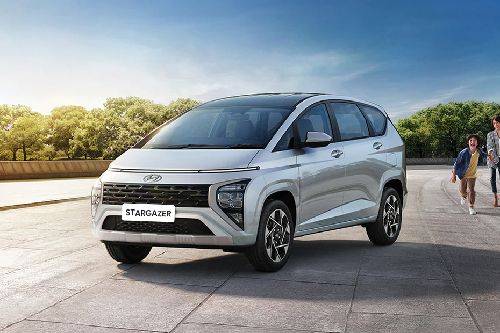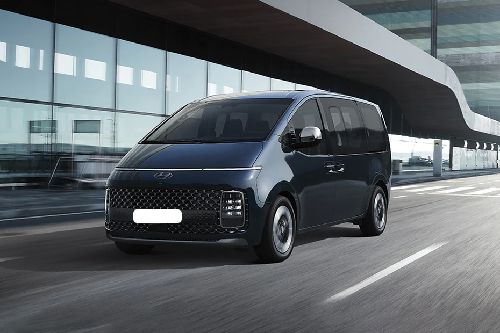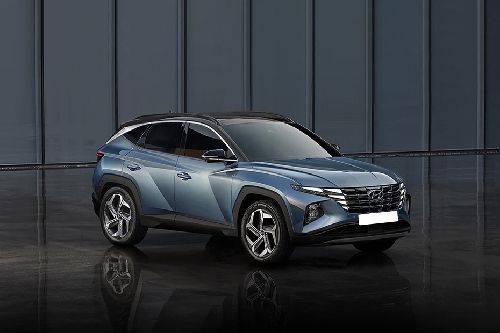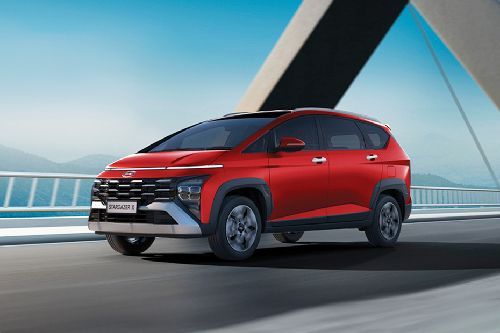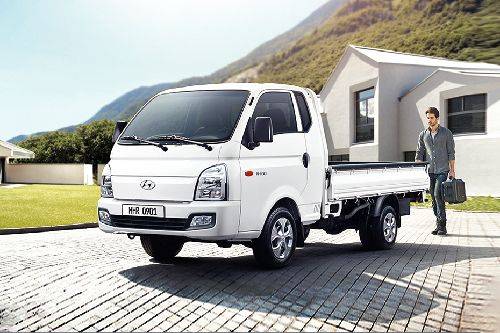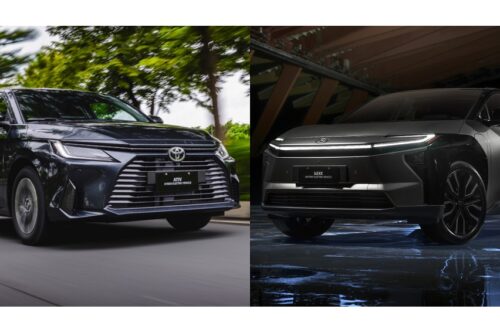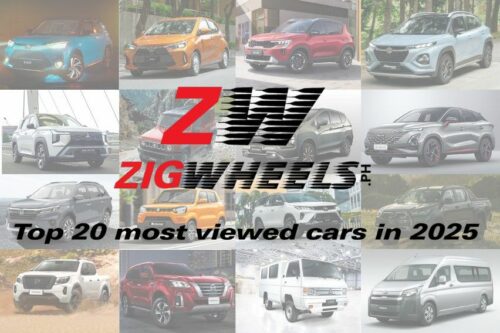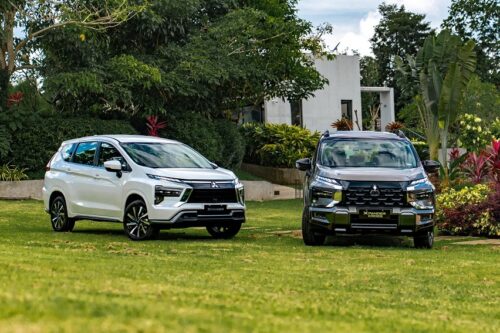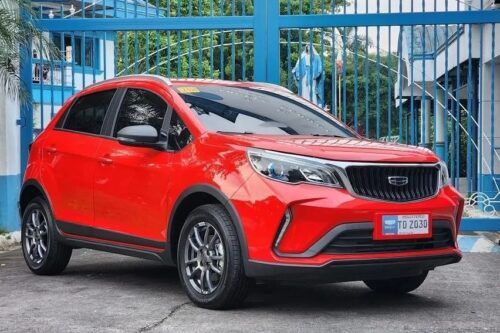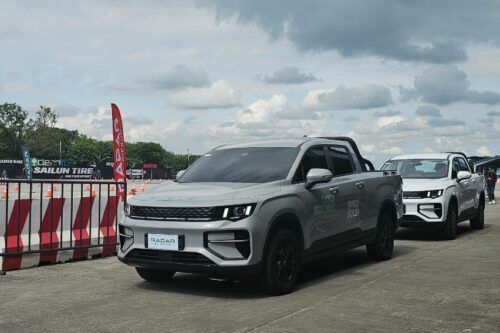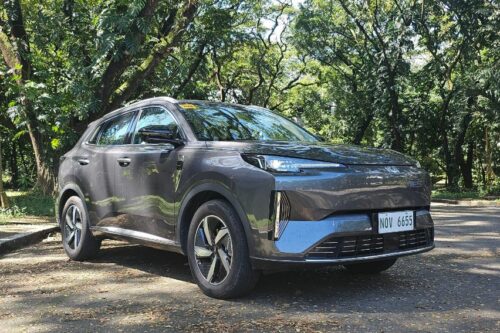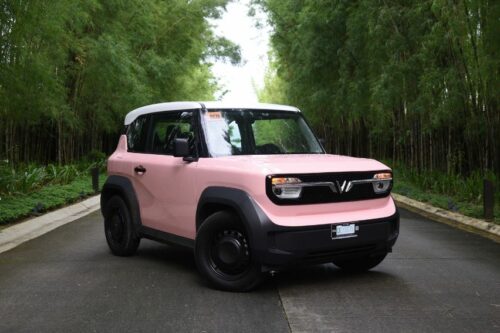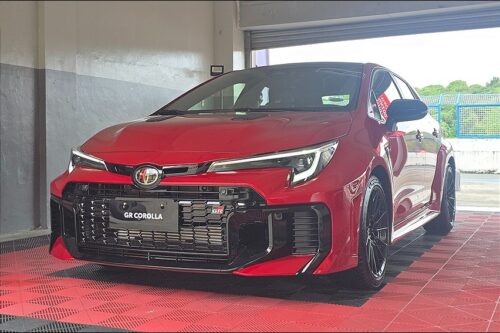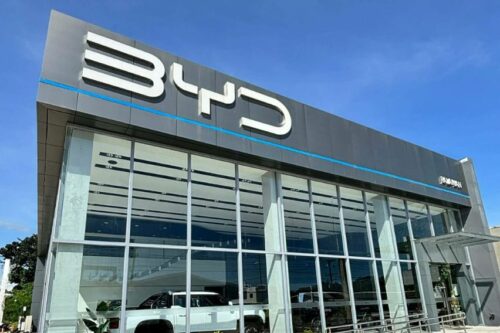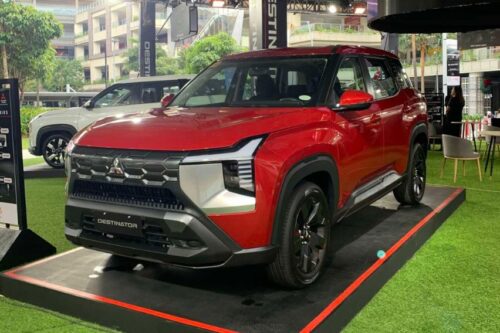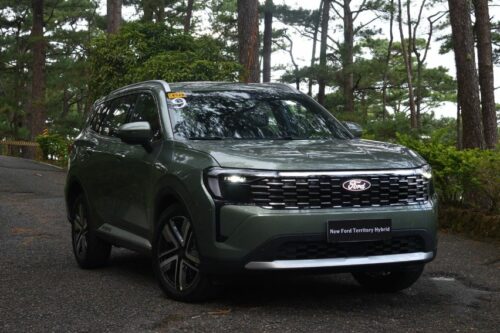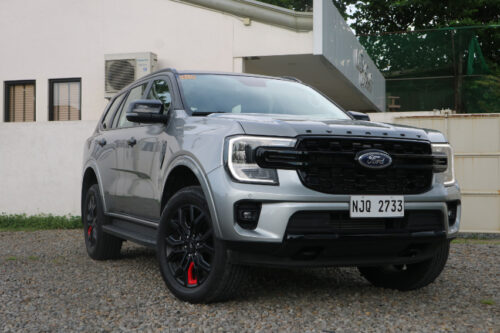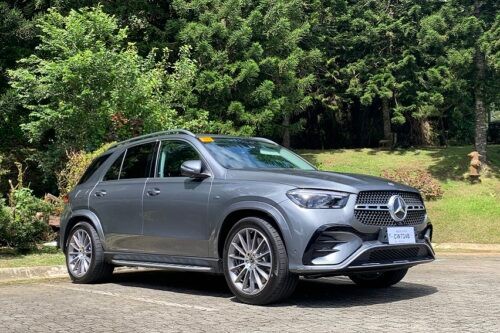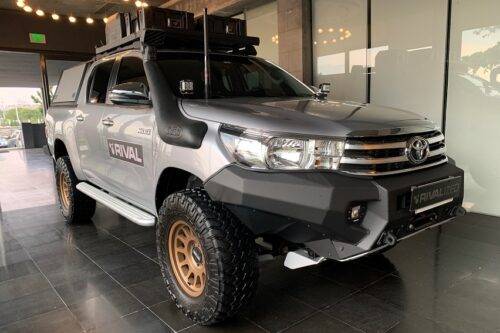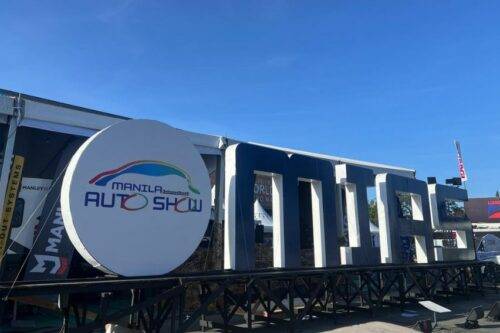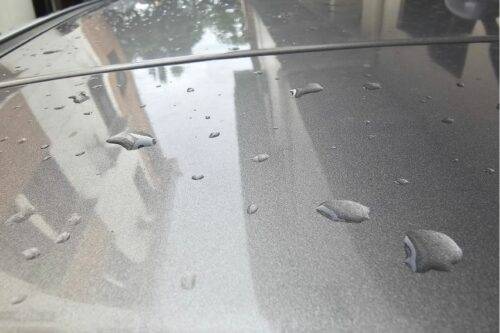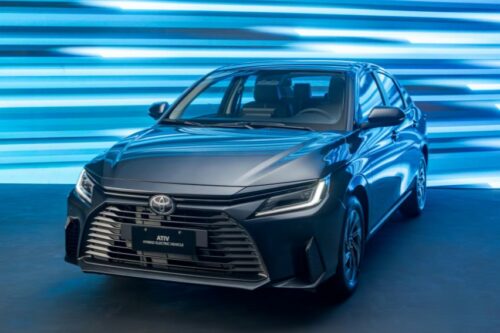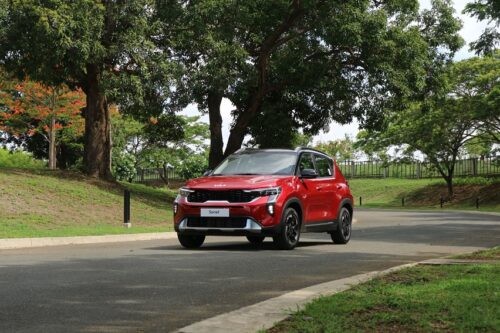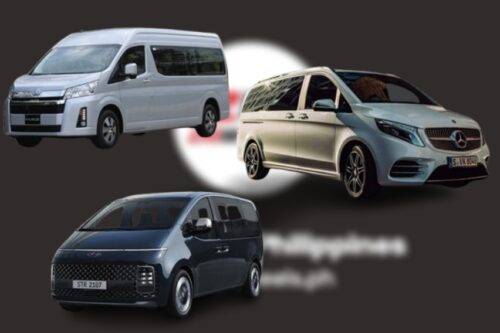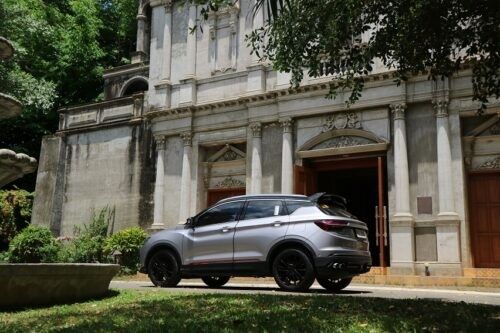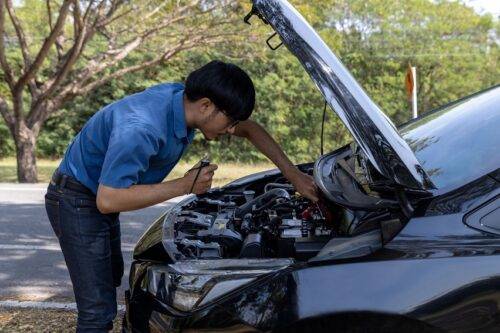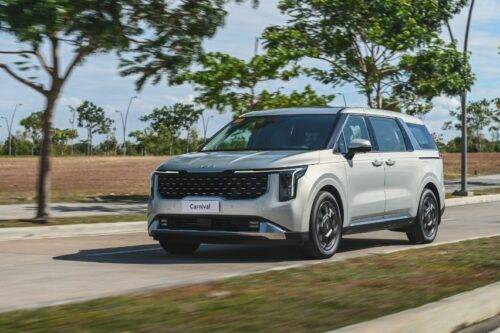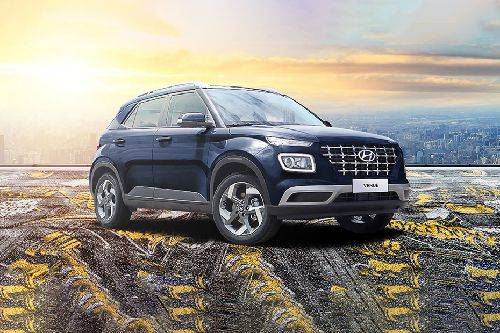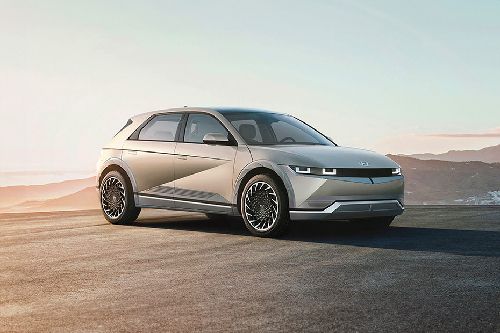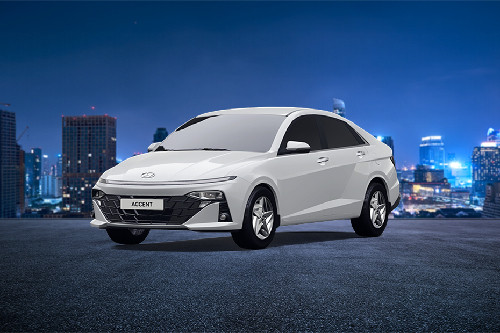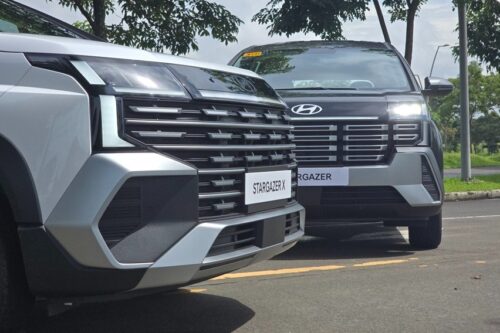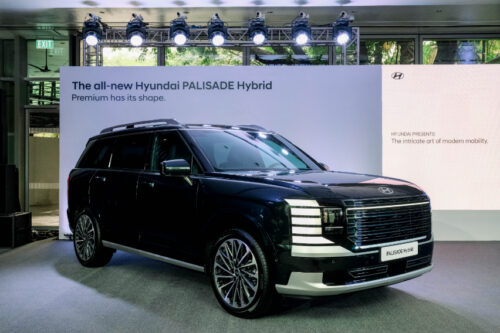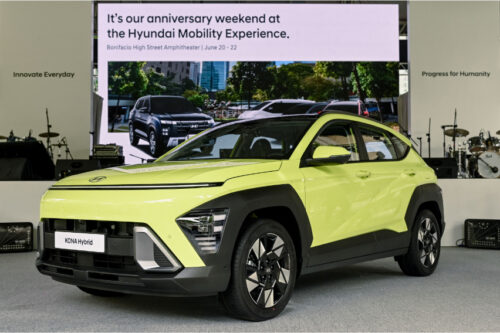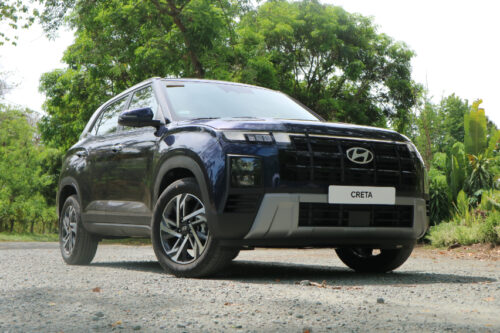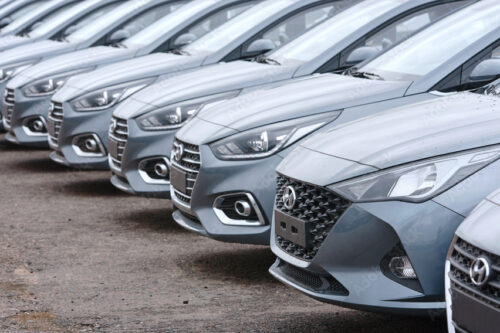Hyundai, Kia reveal new automotive temp. control technologies
Innovations ready for mass production
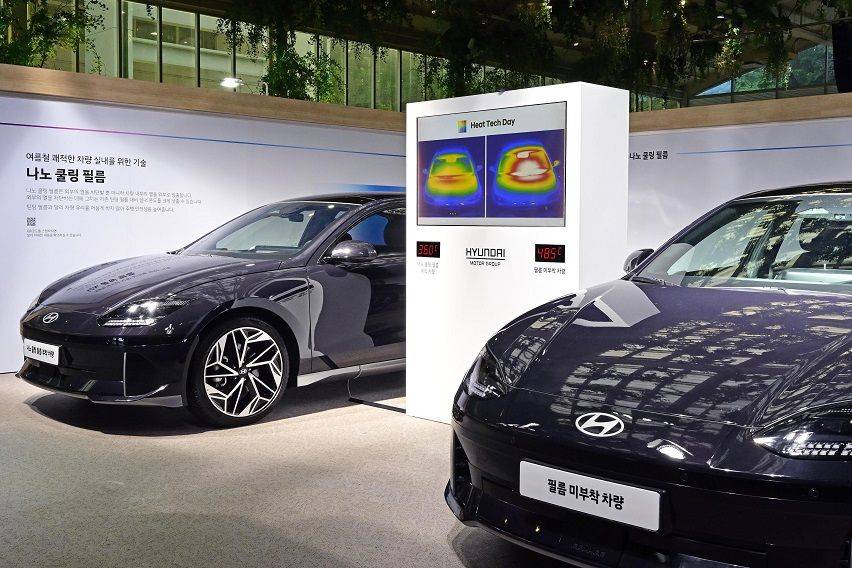
MANILA: Hyundai and Kia have revealed new automotive temperature control technologies.
KEY TAKEAWAYS
How many automotive temperature control technologies did Hyundai and Kia develop?
Hyundai and Kia have developed three automotive temperature control technologies.What Kia vehicle is equipped with the Radiant Heating System?
Per the company, the Kia EV9 is equipped with the Radiant Heating System.Per the South Korean carmakers, they have three innovations designed to enhance passenger comfort and energy efficiency in vehicles. These are the nano cooling film, radiant heating system, and metal-coated heated glass.
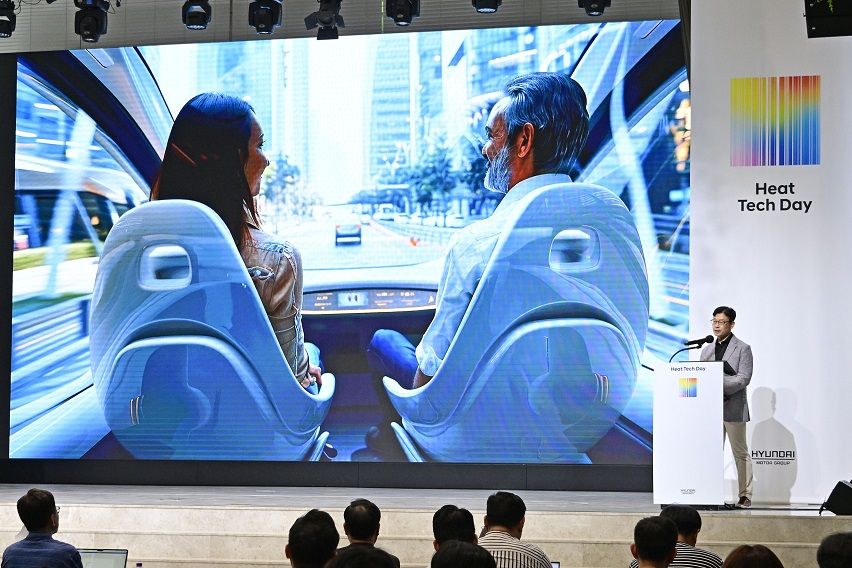 Photo from Hyundai Motor Company
Photo from Hyundai Motor Company“As vehicles evolve beyond simple transportation and become living spaces,” Hyundai wrote in a press release.
The company pointed out that Hyundai, alongside Kia, “are developing various temperature control technologies to meet the evolving needs for comfort in mobility,” which, “not only improve comfort but also save energy, allowing efficient management of vehicle energy in the era of electrification.”
“All three technologies are at the level of technological maturity suitable for mass production,” it added.
Nano Cooling Film
According to Hyundai, its Nano Cooling Film is a technology that can reduce the temperature inside the cabin by up to 12 degrees Celsius.
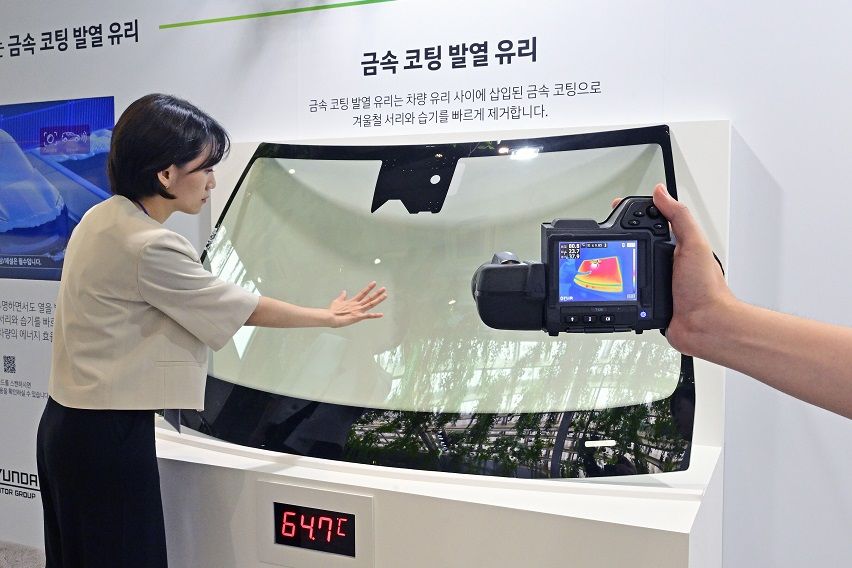 Photo from Hyundai Motor Company
Photo from Hyundai Motor CompanyHyundai and Kia each prepared multiple vehicles with and without the Nano Cooling Film. Those that use regular glass and not equipped with Nano Cooling Film recorded an interior temperature of 48.5 degrees Celsius.
On the other hand, vehicles fitted with the said technology had interior temperatures of only up to 36 degrees Celsius.
In addition, Hyundai said that its Nano Cooling Film not only blocks infrared radiation from outside the vehicle like traditional tinting films, but also allows heat to escape out of the vehicle. This is thanks to the use of three layers, which include two that reflect solar energy and one that emits mid-infrared wavelength.
Underfloor Radiant Heating System
Designed to help those living in cold countries, Hyundai and Kia’s Radiant Heating System is said to quickly and effectively warm passengers.
The Seoul-based carmaker said that it can emit radiant heat towards the passenger’s legs and warm the occupants within three minutes.
Alongside the vehicle’s existing heating system, the Radiant Heating System — Hyundai explained — could conserve up to 17 percent more energy to reach a desired temperature.
The said technology is expected to significantly extend the driving range of electric vehicles in winter by reducing energy used for climate control.
Hyundai and Kia used a high-temperature film-type heating element and a burn prevention system for the Radiant Heating System. It has a heating element wrapped in a fabric material that emits infrared rays. A burn prevention system detects body contact and immediately lowers the temperature, improving safety by eliminating burn risks.
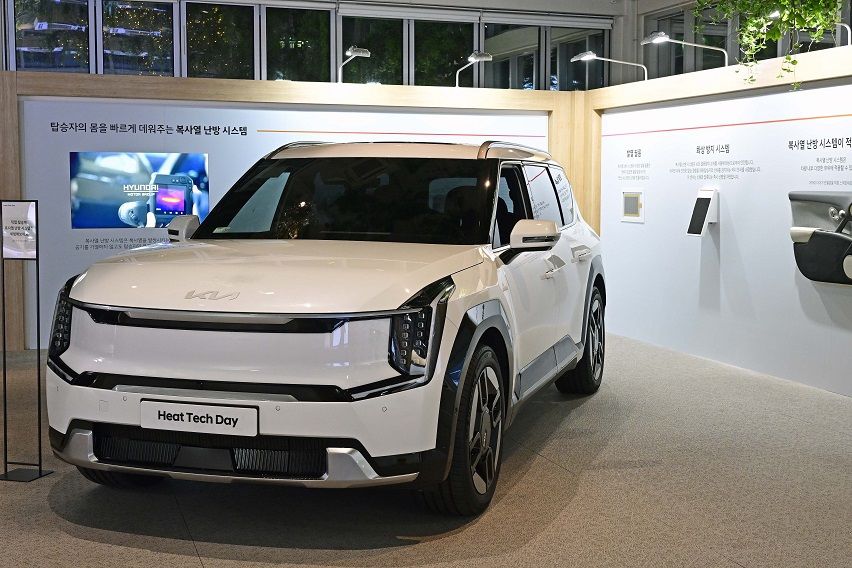 Photo from Hyundai Motor Company
Photo from Hyundai Motor CompanyThe Kia EV9 is equipped with the Radiant Heating System.
Metal-Coated Heated Glass
Finally, the Metal-Coated Heated Glass from Hyundai and Kia is said to remove frost or moisture from a vehicle windshield during winter resulting in improved visibility and increased safety compared with regular tungsten wire heating elements.
It uses a 48-volt system to completely defrost the glass surface within five minutes — up to four times faster and consuming around 10 percent less energy compared with conventional air conditioning systems.
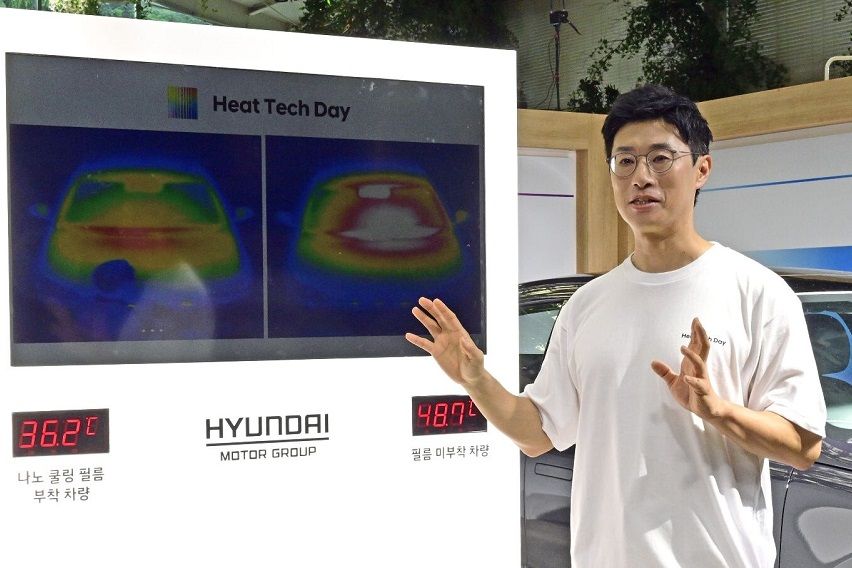 Photo from Hyundai Motor Company
Photo from Hyundai Motor CompanyAdditionally, on hot days, the metal coating can passively block at least 60 percent of solar energy, reducing cabin cooling requirements to significantly improve energy efficiency.
Also read:
Hyundai Mobility Experience at SM City Clark this weekend
Sell your car at the best price
 Verified and genuine buyers
Verified and genuine buyers
Hyundai Car Models
Trending & Fresh Updates
- Latest
- Popular
You might also be interested in
- News
- Featured Stories
Hyundai Featured Cars
- Latest
- Upcoming
- Popular
Latest Hyundai Car Videos on Zigwheels

Hyundai Car Articles From Carmudi
- journal
- financing
- insurance

